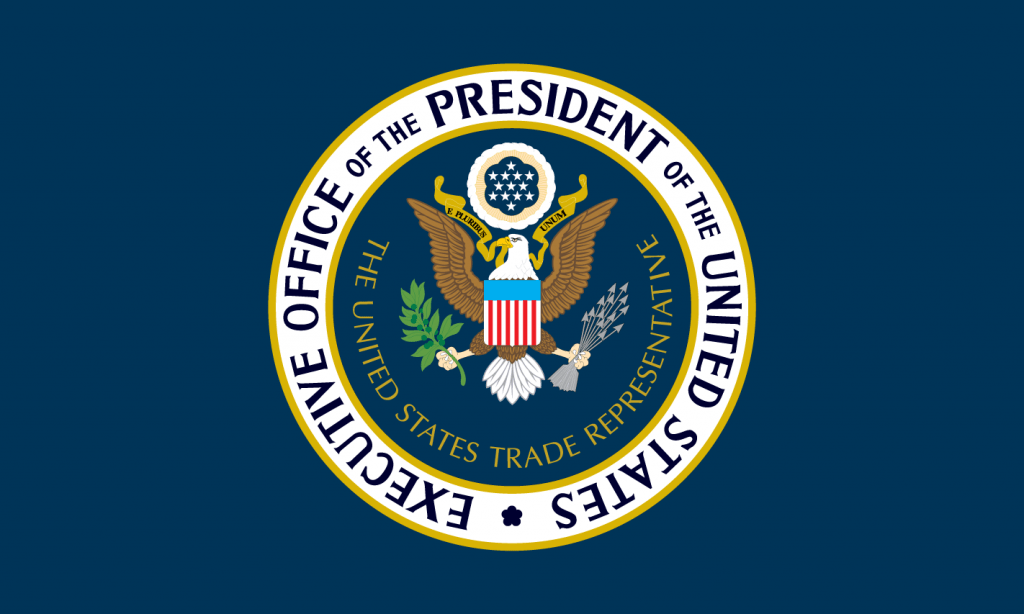The United States Trade Representative (USTR), Robert Lighthizer, criticized on Tuesday a report from the World Trade Organization (WTO) panel that declared that the actions taken by the United States «to combat the widespread and harmful theft» of technology and US intellectual property by China are inconsistent with WTO rules.
«This panel report confirms what the Trump Administration has been saying for four years: The WTO is completely inadequate to stop China’s harmful technology practices,» said Ambassador Lighthizer.
«Although the panel did not dispute the extensive evidence presented by the United States regarding the theft of intellectual property by China, its decision shows that the WTO does not offer any remedy for such misconduct,» he added.
According to the USTR, the United States must be allowed to defend itself against unfair trade practices, and the Trump Administration will not allow China to use the WTO to take advantage of American workers, companies, farmers and ranchers.
USTR
Lighthizer noted that it is important to note that this report has no effect on the historic Phase One Agreement between the United States and China, which includes new and enforceable commitments by China to prevent the theft of American technology.
The USTR issued a Section 301 report in 2018 that documents, according to its arguments, how China had engaged in unfair forced technology transfer practices, such as exploiting its foreign property and administrative requirements to extort US intellectual property rights. or support commercial cyber theft of US entities.
The USTR report cited hundreds of sources and thousands of evidence, including reports from governments, companies, trade associations, think tanks, and researchers, among others.
«These unfair business practices and other actions by China have cost American innovators, workers and companies billions of dollars each year,» the USTR said.
Background
China initiated this dispute in the WTO (United States-Tariff Measures on Certain Products of China -DS543-) in April 2018, and subsequently modified its request for consultations.
In January 2019, the WTO established a panel at the request of China. The dispute covers two of the commercial actions in the Section 301 investigation of China’s laws, policies and practices related to technology transfer, intellectual property and innovation: the $ 34 billion commercial action announced in June 2018, and the $ 200 billion commercial action announced in September 2018.
![]()

